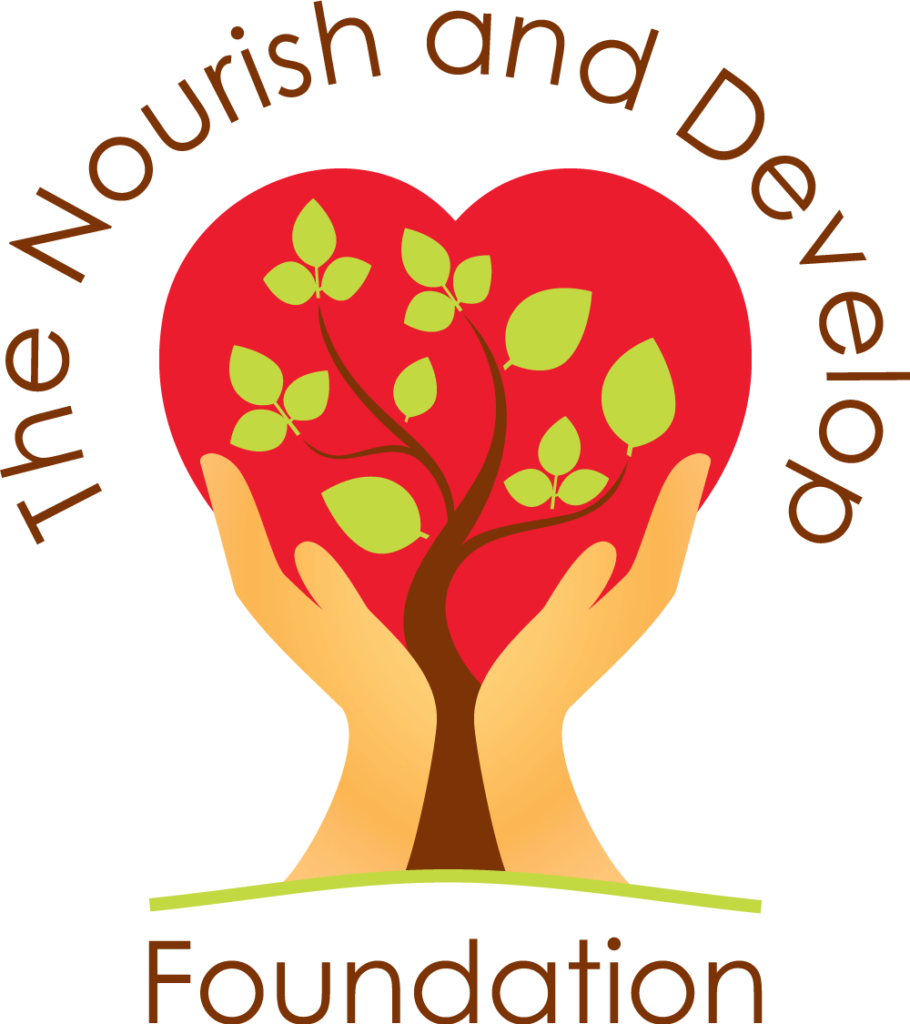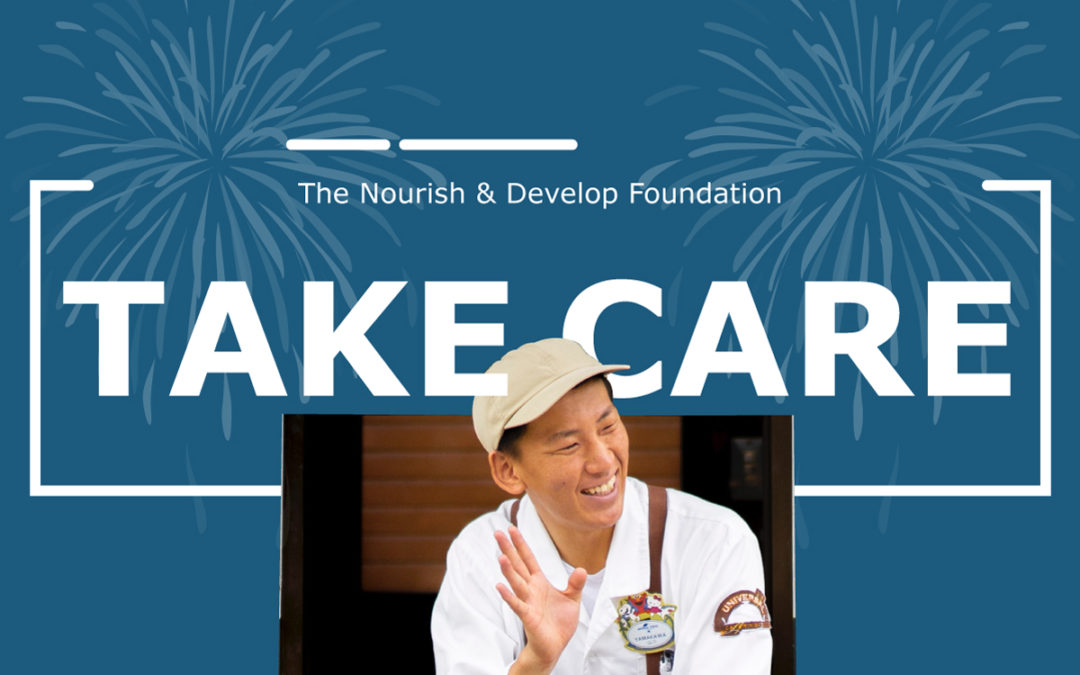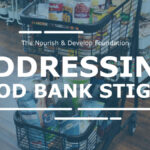Today concludes our Mental Health Monday series. The COVID-19 pandemic pushed us to reach out to our community in new ways and the blog gave us space to highlight the challenging events around us as they were occurring.
We would like to thank everyone who has checked out our posts, liked, shared, commented, and suggested topics of interest. Your support has allowed us to cover more topics than we could have imagined (87 to be exact!). We hope to continue to see conversations about mental health being openly discussed and encourage people to seek help when needed. Please connect with us any time, as we are here and have resources to offer.
Have a safe and healthy holiday season!
As we approach almost two years of COVID-19, it is difficult to enter
another holiday season under gathering limits, travel restrictions, and new variants; adding additional pressures to already potentially trying times. We hope you can take some time to reflect on the trials and triumphs as a reminder of your resilience to give yourself the fuel to keep going. It is okay to not be okay, but don’t give up on yourself altogether. Our message to you is to give yourself a pat on the back for everything you have been through and conquered thus far, and to keep yourself safe and well, both emotionally and physically.
reducing harm
Substances
If you are going to be using any alcohol or drugs, there are precautions you can take to lower the risk of dangerous consequences.
Buddy up: Try not to use alone. If you have a bad reaction, become intoxicated, or injure yourself, having someone nearby can watch out for you or increase the chances of obtaining help if necessary. If you are not with someone and need support, call the National Overdose Response Service at 1-888-688-6677.
Arrange transportation: Have a plan for getting around. If you are travelling and will be using, ensure you have safe options like an Uber or sober companion to get home or accommodations to sleep at a friend’s or hotel room. Having cash on hand or a phone with a pre-downloaded app or local taxi number in your contacts can help prepare for unanticipated ride cancellations.
Use safe supplies: Avoid sharing paraphernalia to prevent the spread of disease. It is also smart to have a Naloxone kit on hand to access in the event of an opioid overdose. To get clean supplies at no cost, reach out to our partners at Community Homelessness Prevention Initiative (CHPI) at (905) 852-5919.
Relationships
Getting together with others can generate situations of conflict, especially when the strain of the pandemic can amplify emotions.
Set boundaries: If you feel upset about a behaviour or a comment that was made, it could be because a boundary of yours was crossed. Think about what topics of conversation or actions will trigger you so if they come up you can communicate “I am not comfortable discussing that but would be happy to talk about ______” or state that you will not tolerate a certain behaviour and will leave if it continues (perhaps a family member getting too drunk around your children).
Manage expectations: You may have an idea of what you want your holidays to look like, so if others play a role in making your vision come to life, communicate a few of your hopes in advance, whether it be asking someone to make a specific dessert or to bring a particular game. However, at the end of the day, remember what is important. If you didn’t get to every little thing on your list or if things don’t go according to plan, prioritize health and safety.
Be prepared: People will have different levels of comfortability this holiday season. If you are hosting, try to ensure there is enough space for physical distancing and use disposable dishes/cutlery, so guests do not have to share. If you are visiting, feel free to wear a mask, let people know you are not hugging, and bring hand sanitizer if that is what needs to be in place in order for you to participate.
Health
While you should absolutely enjoy yourself at the holidays, it should not come at the expense of your health.
Stay hydrated: Drinking water aids in delivering nutrients to the cells, flushing out toxins, and improves cognition and mood. It also increases energy and prevents us from filling up on food, as we can confuse hunger for thirst.
Keep moving: While it is imperative to make time for relaxation during the holiday season, completely stopping after keeping busy is often when sickness arises. Working little bits of activity into your day through walks, household chores, or 5-10 minute intervals of home exercises reduces stress, increases focus, and helps adjust your outlook on life.
Eat intuitively: This is often framed as a new diet hack, when in fact it is leaving everything you know about ‘good’ or ‘bad’ foods behind and listening to your body’s needs, including when, what, and how much to eat. Give yourself permission to eat different foods, eat when you are hungry and stop when you are satisfied, and to cope with your emotions through healthy activities like journaling, physical movement, and social connection, rather than using food as a crutch.
Practicing Forgiveness
Perhaps you have regrets about some of the decisions you have made during the pandemic, whether it be levels of productivity, who you chose and chose not to see, or how you spent your money. One way to alleviate some of the guilt of what you did or didn’t do is through being self-compassionate. Self-compassion is often falsely perceived as complacency, which can be described as becoming too comfortable and satisfied with yourself, blissfully ignorant of any actual concerns in reality, where you no longer feel the need to improve your situation or be critical of your choices. Unlike complacency, self-compassion isn’t about not taking responsibility for your actions or not wanting more for yourself because things are fine the way they are. Instead, it involves turning kindness, humanity, and mindfulness inwards. For instance, you may feel bad about your kids having more screen time than you are comfortable with, but if you change your thoughts from ‘I am a bad parent’ to ‘This allows my child to participate in social activities and to stay connected with others’.
People who show self-compassion experience:
- Increased motivation
- Enhanced self-esteem
- Improved body image
- Strengthened resilience
- Reduced symptoms of anxiety, depression, and stress
Resources
CDC 12 Ways to Have a Healthy Holiday Season



